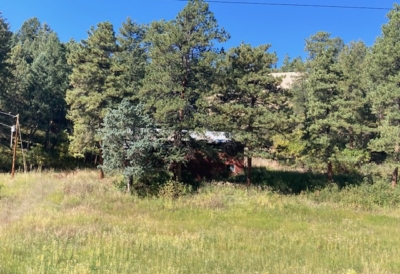Insect Tree Spraying in Douglas County
To schedule insect tree spraying in Douglas County call (720)248-0000. We serve Douglas County and surrounding areas.
Chemical control is one of the most popular ways to deal with pests, especially when it comes to roadside and pathway problems. There are some downsides of this form of pest control that you need to be aware of, though.
Chemical control is what it sounds like. You use chemicals to help get rid of the pests that are growing. Spraying of the chemicals needs to be done at the right time of the year.
What Chemicals Are Used for Pest Control?
You’ll be able to pick up a pesticide that helps to manage the development of pests. Some pesticides will kill off the adults, while others will help to deal with the growth of the eggs and prevent them from hatching.
The timing is important. You need to use the chemicals when the insects are at their most vulnerable during their life cycle, which is usually as the eggs are hatching.
The chemicals can work in a variety of ways. Some are contact poisons, where they will kill as they hit the body of the pests. Others are stomach poisons, so they eat it and die. Then there are fumigant poisons that work as a gas and are breathed in.
Which Pests Need Chemical Control?
A select few pests are only managed through chemical control. You can use other control methods to help deal with the majority of insect pests, though. If you notice that you have mites and slugs, you may find that chemical control is the only option to deal with them.
Insects can be problematic, but there are some natural predators that can help.
When Should You Use Chemical Control?
Pesticides are best used in the spring. Adult pests tend to be a little more hardened to the toxins in the world and aren’t as susceptible to the pesticides. You want to use them as the eggs are starting to hatch, getting the bugs while they are still young.
You don’t have to apply all pesticides to the entire plant or tree. There are some that are systemic, so you apply directly to the root or the leaf and the plant will draw in the toxin to protect itself from the pests. If you get a non-systemic toxin, you’ll need to apply it to the entire plant to ensure all bases are covered.
If you’re worried about damage to other insects and plants, you’ll want to get systemic options. This keeps the toxins out of the air and away from other plants in the local area.
When you have one specific pest, you can use a specific type of pesticide for that creature. If you find you have multiple pests, you’ll want to get a non-selective option to deal with everything at once. Just take a look at the bottles to find out how persistent you need to be with the pesticide of choice.


Comments are closed.